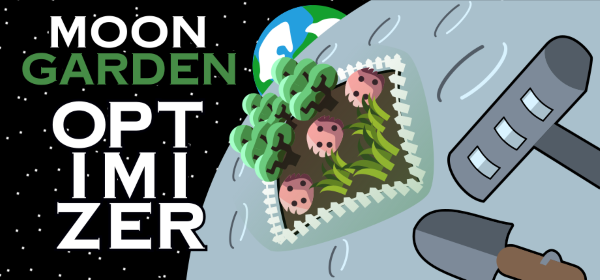(Disclaimer: to the extent that this article was inspired by a specific creator, it’s not a creator you’ve heard of, and not one that I mention anywhere in the article! I mention a few authors as examples, but I was not setting out to specifically comment on any of them.)
When a creator falls into disrepute, there tends to be a public re-evaluation of their work. “Oh, I re-read their book, and it’s aged terribly.” “I’ve always thought their work was bad.”
This is reminiscent the story of sour grapes. In the Aesop’s fable, a fox tries to eat some grapes, but cannot reach them. So the fox says the grapes were sour anyway, and he didn’t want them. So when an artist falls from grace, people can no longer wholly enjoy the art. So they say that the art was never good in the first place, and nothing of value was lost.
But there is a major difference between the fox’s re-evaluation of the grapes and the public’s re-evaluation of the art. The “public” is made up of more than one person. There may be some individuals who first liked the art, and then stopped liking it. But more often, what happens is we first hear from individuals who liked the art, and then later we hear from another set of individuals who did not like the art. Perhaps no individual re-evaluation took place, and it’s just a matter of listening more to the haters.

